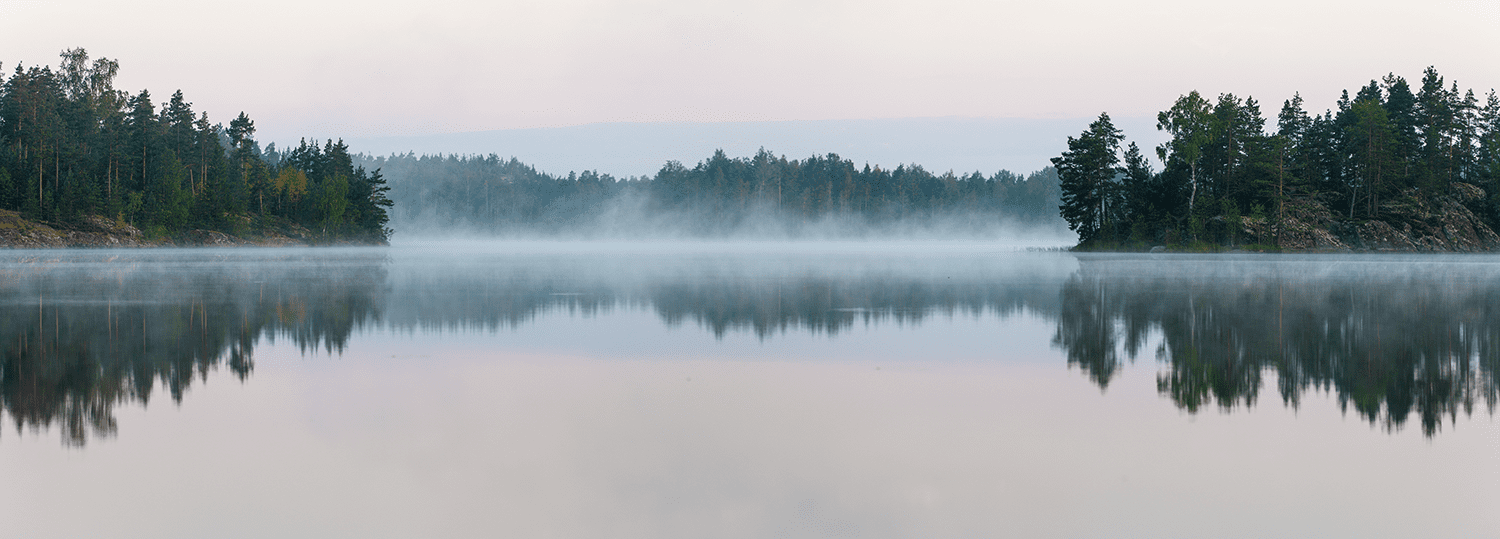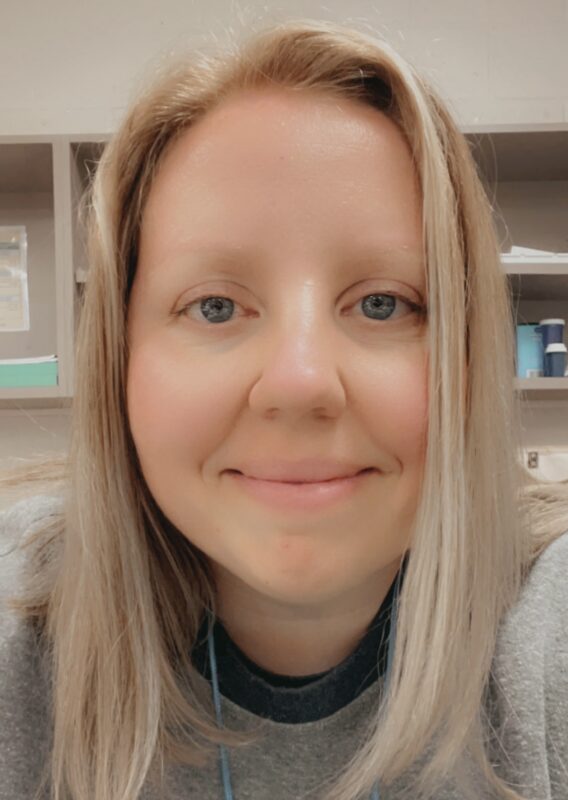Before completing STEMwork, Rachel Neckermann had only a basic understanding of project-based learning. STEMwork inspired her to create her first eighth-grade science project-based learning unit on freshwater conservation. As a middle school instructional technology facilitator, Neckermann is sharing her unit plan with eighth-grade science teachers in Moore County so they can implement the lesson with students.
Neckermann is one of more than 70 educators statewide to participate in the 2022-23 STEMwork program year. The institute is a partnership between the Kenan Fellows Program for Teacher Leadership (KFP) at N.C. State University and over 30 corporate, foundation, and school district partners. STEMwork aims to enhance student learning by employing project-based learning to bring industry-based STEM knowledge and insights into the classroom. Neckermann belongs to a cohort of STEMwork Scholars supported by Moore County Schools.
Following on-site industry visits, scholars completed eight online modules that guided them as they created a project-based learning unit inspired by the local industry connections they made through STEMwork. The scholars will present their products at regional showcases in May.
Learn more about Neckermann’s product, Preserve Our Water Social Media Campaign, and how she envisions it sparking student learning.
Preserve Our Water Social Media Campaign
Through Neckermann’s unit, students can discuss the planet’s limited fresh water supply compared to the Earth’s population. The lesson also promotes the preservation of the planet’s water resources. Because so many students use social media, Neckermann felt they would relate to the global implications of a social media campaign to safeguard Earth’s water.
Students work in teams to create a branded social media campaign across Twitter, Instagram, Facebook, and YouTube on how and why people should protect Earth’s water. Students use their understanding of 8th-grade science standards to create social media posts and videos.
Using Social Media for Social Good
Neckermann hopes her project-based learning unit will help students learn how social media can help to promote social change. Additionally, she hopes students will show a mastery of eighth-grade science standards through project-based learning.
STEMwork has increased her understanding of project-based learning and how it differs from traditional curriculum projects. She also said she learned the value of backward design in creating a curriculum that students will find applicable in schoolwork and life.
“The biggest benefit to participating in STEMwork was learning how to create a PBL unit step by step through the backward design process. The examples and modules I worked through were invaluable to my understanding and ability to apply to any unit or subject of study.”
Rachel Neckermann

